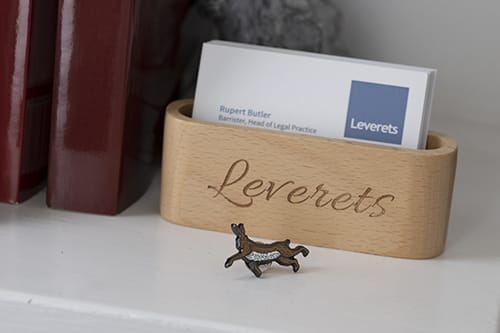Supplier Scams
On 21st October, 22 tonnes of speciality cheese, with a value of £300,000, was stolen from the Neal’s Yard Dairy in London.
In a coordinated scam, a seemingly legitimate business placed an order for 950 wheels of award-winning cheese under the guise of supplying supermarkets on the continent. The buyer asked for the cheese to be dispatched to a warehouse from where it was quickly moved on (speculation suggests to markets in the Middle east and Russia) without payment ever being received.
Certainly not a crime you read about every day, but surprisingly not a stand-alone event in the artisan and retail world.
Theft of Parmigiano-Reggiano cheese is an ongoing issue in Italy, and more commonly scams involving the fake purchase of rare wines, luxury handbags and fashionwear for resale on the black market are a regular occurrence across the world.
Trust-based business models are targets for fraudsters
These crimes expose potential weaknesses of trust-based business models.
This type of fraud is simple to pull off and yet highly lucrative for nefarious organised crime gangs. They’re relying on the good will of suppliers, a well-honed ability to deceive, and a market for them to supply. Simple!
Trust-based systems assume goodwill and honesty, which unfortunately leaves suppliers open to exploitation by bad actors and exposes them to substantial financial and reputational losses, particularly for smaller suppliers who may lack extensive safeguards.
How can suppliers protect themselves against buyer fraud?
Here are our top tips:
- If an enquiry (especially for a large order) comes from a new counterparty, be very careful! Fraudsters may make initial contact with a cold LinkedIn message or email. Make sure you always verify the identity of any potential buyer before negotiations progress.
- Fraudsters may adopt an invented personality or may pose as an existing employee of a company. Do not rely on the email address or phone number given to you. Again, verify the contact details and address yourself – contact the buyer through their central office to confirm (i) the person exists and (ii) they are the same person you have been dealing with.
- Consider requesting references from other suppliers and make sure you follow them up personally. Aside from mitigating potential acts of fraud, this may reveal other useful information, such as whether the counterparty pays on time or is generally good to do business with.
- Consider meeting the buyer in person. If they are evasive about such a meeting without good reason this is a red flag.
- Consider alternatives to delayed payment terms for new customers.
- Do not be overawed by the size of a potential deal or the reputation of a potential client.
- Do not succumb to a purported urgency to supply goods.
Finally…
Get the right legal support.
Never bypass verification or assume you’re dealing with reputable clients. Without formal checks like credit verification or legal contracts, suppliers – especially small ones – are vulnerable to deceit which can be disastrous, as we’ve seen with Neal’s Yard.
Legal recourse can be complex in these cases, but Leverets has the experience to help. Our expertise in commercial litigation, civil fraud, and corporate insolvency can help safeguard suppliers against vulnerabilities:
- We’re well-versed in handling fraud cases involving national and international clients, complex corporate structures, and organised crime gangs
- We utilise the combined expertise of barristers and solicitors working together to help suppliers fortify purchasing processes and procedures
- We can provide guidance on structuring contracts and transactions
- We have extensive experience in handling credit risks and structuring agreements to minimise financial exposure
- We can help suppliers ensure that their supply chains are ethically and legally sound.






